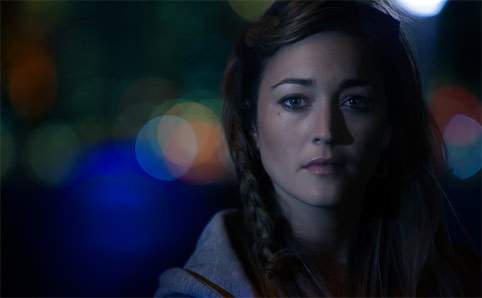The Coming World
Written by Pulitizer award-winning playwright Christopher Shinn, The Coming World is a Woody Allen sort of love story, where the path from beginning to end is potholed and eroded.
Overview
The Coming World starts off promisingly with a playful display of physical affection between two ridiculously attractive people, but it soon becomes clear that their reach exceeds their grasp in terms of personal happiness. The same could perhaps be said of this play in terms of its conceptual aspirations.
Written by Pulitizer award-winning playwright Christopher Shinn, it's a Woody Allen sort of love story, where the path from beginning to end is potholed and eroded. After being robbed of a stash of ecstasy pills, Dora's flaky ex-lover Ed is left in hock to a mobster. He forms a desperate plan to do over the video store where Dora works. At this point, The Coming World is reminiscent of Run Lola Run , but the script is a little harder to follow and substantially heavier on dialogue.
Dora finds herself drawn reluctantly into Ed's scheme as one way of escaping the drudgery of peddling mass-produced fantasies at Blockbuster. It's only when Ed's estranged twin brother appears on the scene that the importance of the past in defining the future becomes not only obvious, but crucial.
It's not that The Coming World hasn't got its moments there is some really wonderful dialogue filled with dramatic tension and a sort of hyper-poignancy. The problem is that in tackling the big themes of truth, love, loss and recovery, it taste-tests too many types of ambiguity and trips over its own imprecise perceptions.
Ultimately, what undermines this production is the very thing it investigates the impossibility of achieving your ideal. It leaves you nonplussed and uncertain of your capacity to cope with the isolating impact of technology in the coming world.





